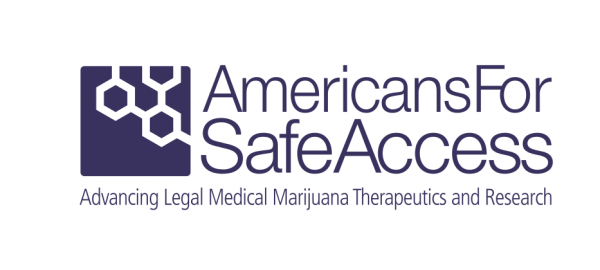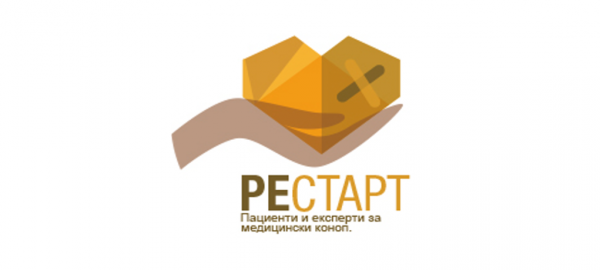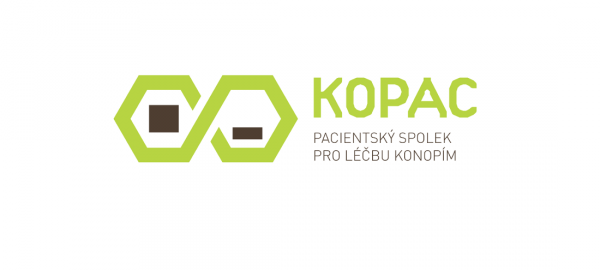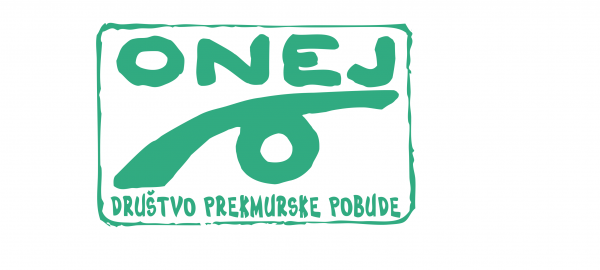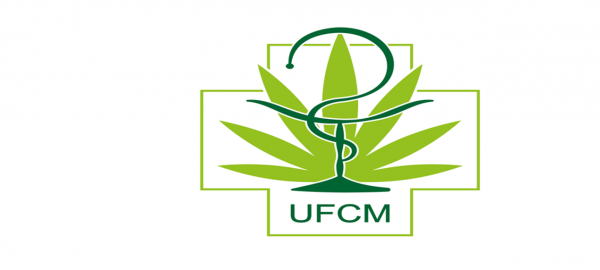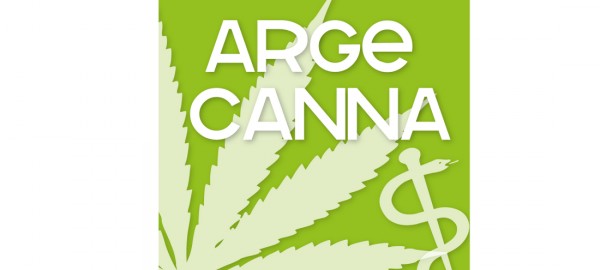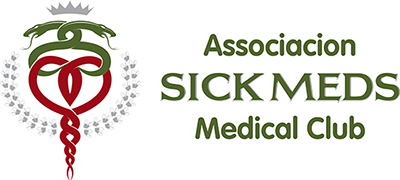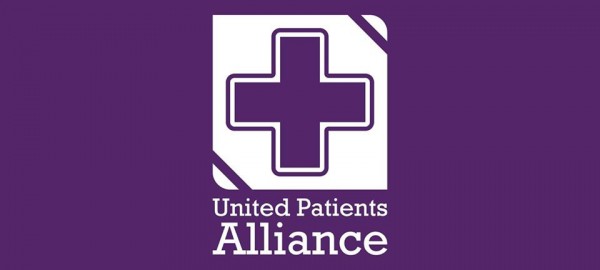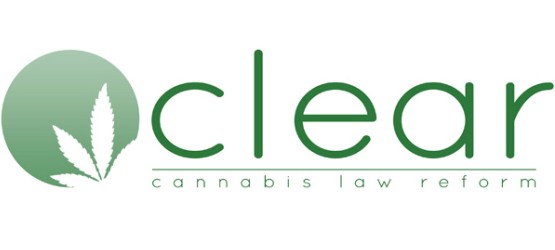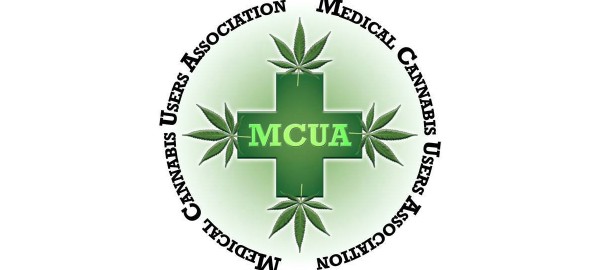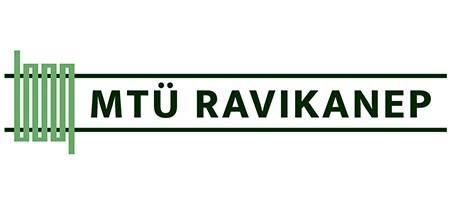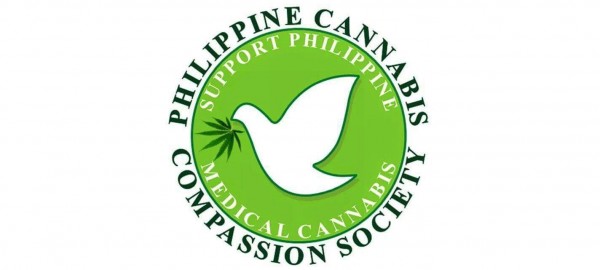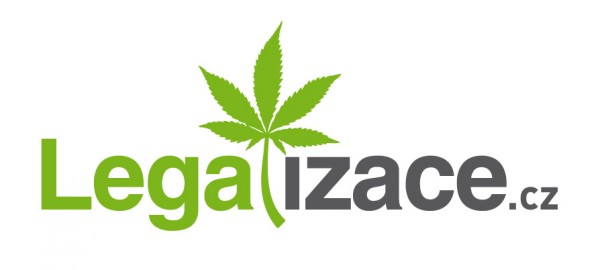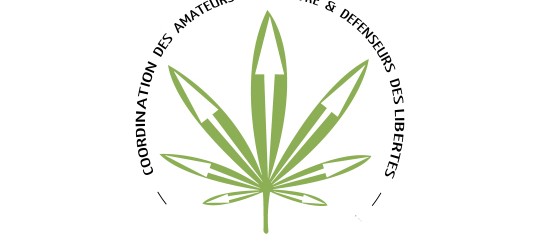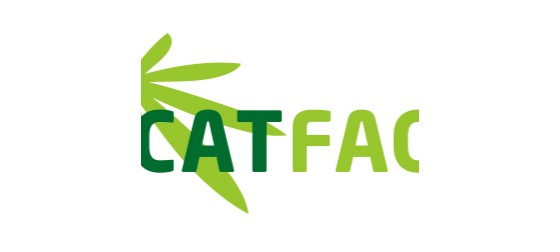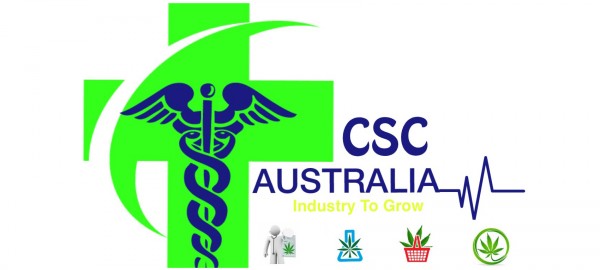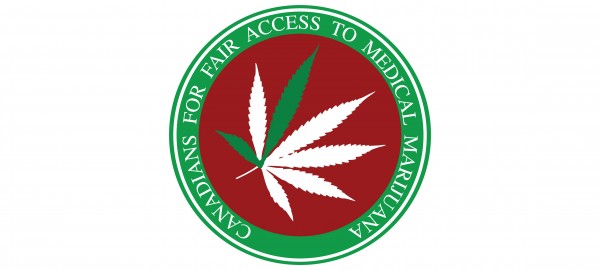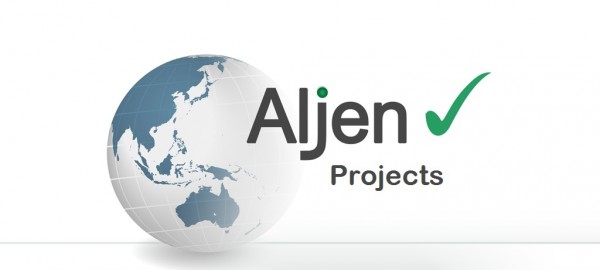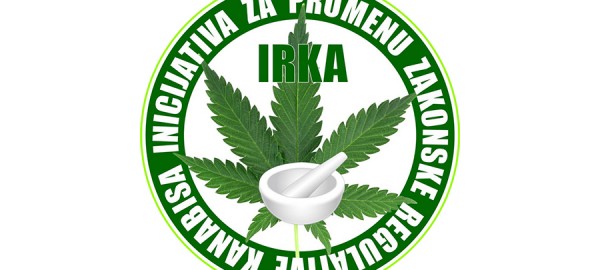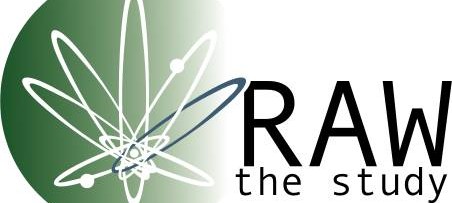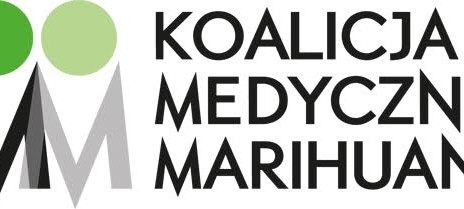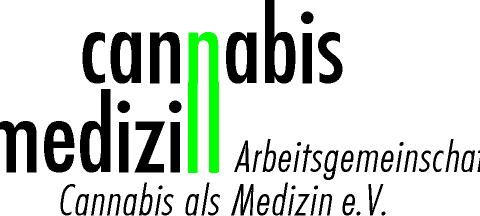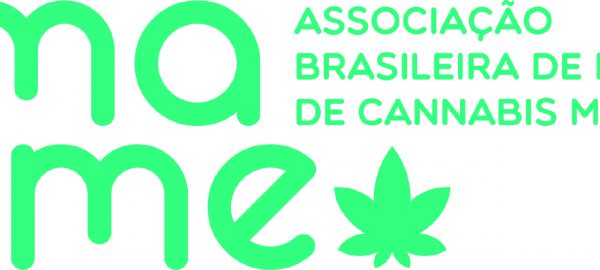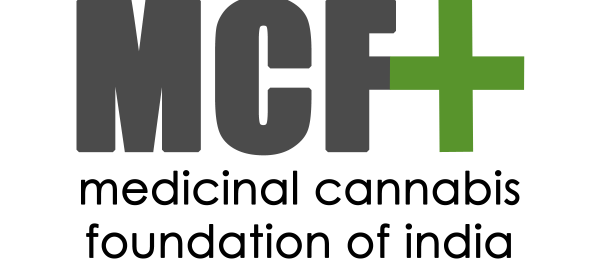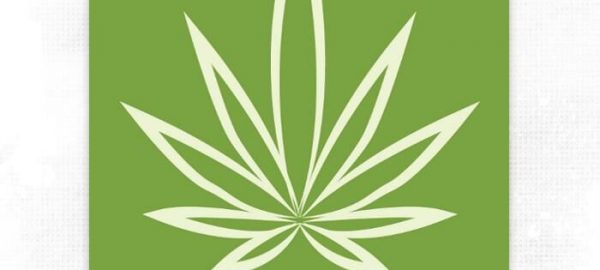-
imcpc posted an update in the group
 Media Questions 9 years, 4 months ago
Media Questions 9 years, 4 months agoInternational Medical Cannabis Patient Organizations Unite to Change United Nations’ Drug
PRESS RELEASE – Prague, March 9, 2015
http://www.IMCPC.org
Patients in need of cannabis treatment from 13 different countries, including those represented by from the Czech Republic, met at the “Medical Cannabis and Cannabinoids: Policy, Research and Medic…[Read more] -
imcpc created the group
 Media Q&A 9 years, 4 months ago
Media Q&A 9 years, 4 months ago
Recent Posts
- Warning for consumers of CBD and cannabis oils sold on the EU market
- Statement of International Medical Cannabis Patient Coalition (IMCPC)
- Global Patient Populations Need International Medical Cannabis Policies to Evolve
- Delegation of medical cannabis patients is to meet with Nick Clegg
- Prague Resolution of the International Medical Cannabis Patient Coalition on the Rights of people suffering with conditions treatable with Medical Cannabis and products made of it.
Recent Comments
- imcpc on Global Patient Populations Need International Medical Cannabis Policies to Evolve
- chris on Sign the Declaration
- Lucia Spiri on Join Us
- Zoe (Zoya) Levy on Prague Resolution of the International Medical Cannabis Patient Coalition on the Rights of people suffering with conditions treatable with Medical Cannabis and products made of it.
- Carol Francey on Sign the Declaration
Categories
More
Log In
Sign the Declaration
Howdy,
We, the representatives organizations of medical cannabis patients from 13 countries, who met at the “Medical Cannabis and Cannabinoids: Policy, Research and Medical Practice” conference in Prague March 4-7, 2015 and established the International Medical Cannabis Patient Coalition (IMCPC), put together a Declaration addressing all countries and their representatives taking part at the UN General Assembly Special Session on Drugs 2016 (UNGASS 2016) to adopt it and incorporate it into the Declaration of the UNGASS 2016:
We, the patients that use cannabis within their medical treatment, or those of us, who would like to do so, but have no legal access to their medical drug,
Reaffirming
Universal Declaration of Human Rights proclaimed by the General Assembly of the United Nations on 10 December 1948, its para 25, Article 1,[1] in particular, that guarantees right for living in adequate health
the Convention for the Protection of Human Rights and Fundamental Freedoms of 4 November 1950;
the European Social Charter of 18 October 1961;
the International Covenant on Civil and Political Rights and the International Covenant on Economic, Social and Cultural Rights of 16 December 1966;
the Convention for the Protection of Individuals with regard to Automatic Processing of Personal Data of 28 January 1981;
the Convention on the Rights of the Child of 20 November 1989;
the European Convention on Human Rights and Biomedicine[2]
the 2010 report of the UN Special Rapporteur Anand Grover “On the right of everyone to the enjoyment of the highest attainable standard of physical and mental health“
and, finally, the three governing principles of different UN Declarations in charge, namely:
States have the responsibility to guarantee their citizens the right to adequate health. When for whatever reason they are unable to do so, the international community must assume that responsibility.
States have the responsibility to ensure that none of their citizens are deprived of this right by state action.
These rights are guaranteed to all citizens, regardless of race, religion, gender, age, or social standing in the community, or other status.
Recalling that
the ultimate and basic purpose of each and any international (UN) treaty is to protect wellbeing;
the history of treatment of a wide array of medical disorders with cannabis and its derivatives Is at least as long as 8 thousand years;
that there is not known lethal dose of cannabis of any type that would be technically possible to consume by human;
the toxicity of cannabis in term of its acute and chronic effects is extraordinary low and there is not known lethal dose of cannabis of any type that would be technically possible to consume by human;
there is mounting scientific research bringing evidence of the effectiveness of medical cannabis in treating various symptoms and syndromes of a wide array of diseases, many of them debilitating and disabling;
there is increasing research suggesting that cannabis and cannabinoids have a high potential not only to treat symptoms, but also to cure diseases causally because of its effects at virtually all levels of biological homeostasis;
modern medical research has shown that cannabis can slow the progression of such serious diseases as Alzheimer’s and Parkinson’s and stop HIV and cancer cells from spreading; has both anti-inflammatory and pain-relieving properties; can alleviate the symptoms of epilepsy, PTSD and multiple sclerosis; is useful in the treatment of depression, anxiety and other mental disorders; and can help reverse neurological damage from brain injuries and stroke;
the World Health Organization has acknowledged the therapeutic effects of cannabinoids, the primary active compounds found in cannabis, including as an antidepressant, appetite stimulant, anticonvulsant and anti-spasmodic, and identified cannabinoids as beneficial in the treatment of asthma, glaucoma, and nausea and vomiting related to illnesses such as cancer and AIDS;
the US National Cancer Institute has concluded that cannabis has antiemetic effects and is beneficial for appetite stimulation, pain relief, and improved sleep among cancer patients;
the American Herbal Pharmacopoeia and the American Herbal Products Association have developed qualitative standards for the use of cannabis as a botanical medicine;
the experiments in cannabis legislations of several countries have shown that increased availability of medical cannabis results in significant reduction in opioid overdose deaths;
more than 20 years of countries and state-level experimentation provides a guide for laws and policies related to the medical use of cannabis;
every patient has a right to freely choose her/his medical treatment.
States that
the current scheduling mentioned above
is effectively blocking the research of cannabis and cannabinoids, and
significantly limits the availability of the plant and its compounds (phytocannabinoids) to those who would benefit of it in terms of their medical condition and the quality of life;
prohibiting patients and physicians from access to medical cannabis based on 60 year old uninformed decision has created dramatic unethical status, and thus,
as such, the inclusion of cannabis and related substances in Schedules IV/I of the 1961 UN Convention is outdated and undermines the very mission of UN,
the inclusion of cannabis into Schedules IV and I of controlled substances under UN Convention of Narcotic Drugs 1961 cannot be preserved anymore using available scientific evidence (that may have been not available in 1961, but is certainly available in 2015)
Recommends
that increased attention and resources are being given at the national and international level to the treatment with medical cannabis and cannabinoids, and its research in particular
Invites
all countries and states to secure stable, safe, economically available access to medical cannabis and its derivatives to everyone who is indicated medically for such treatment
Requires
that the UN General Assembly Special Session on Drugs 2016 either
excludes the cannabis out of the 1961 UN Convention with no other actions, or
prepares, debates and accepts a Special UN Convention on Cannabis, that would be based on the scientific evidence, human rights and the wellbeing of societies, and
as suggested by the World Health Organization, re-schedules cannabis from Schedule IV/I into Schedule III, and in amendment prepares special regulations for medical cannabis that would not mimic those of medical opiates and opium
Prague, March 7th, 2015
[1] Everyone has the right to a standard of living adequate for the health and well-being of himself and of his family, including food, clothing, housing and medical care and necessary social services, and the right to security in the event of unemployment, sickness, disability, widowhood, old age or other lack of livelihood in circumstances beyond his control.
[2] Article 2 – Primacy of the human being: The interests and welfare of the human being shall prevail over the sole interest of society or science.
[your signature]
Groups
-
active 9 years ago
-
active 9 years, 4 months ago
Recents
- Warning for consumers of CBD and cannabis oils sold on the EU market April 4, 2017
- Statement of International Medical Cannabis Patient Coalition (IMCPC) March 13, 2017
- Global Patient Populations Need International Medical Cannabis Policies to Evolve December 2, 2015
- Delegation of medical cannabis patients is to meet with Nick Clegg December 1, 2015
- Prague Resolution of the International Medical Cannabis Patient Coalition on the Rights of people suffering with conditions treatable with Medical Cannabis and products made of it. September 9, 2015

